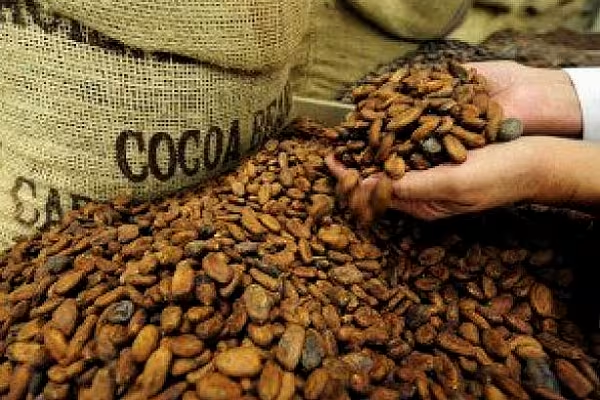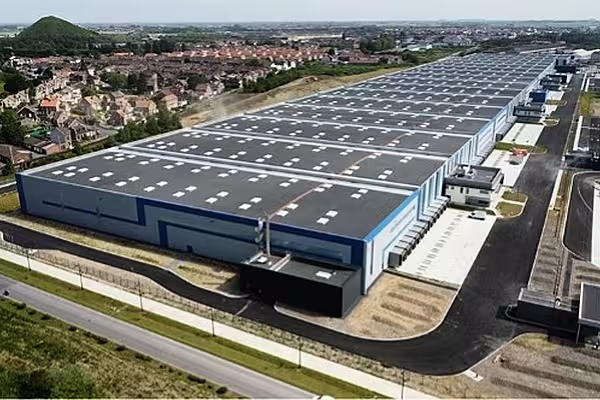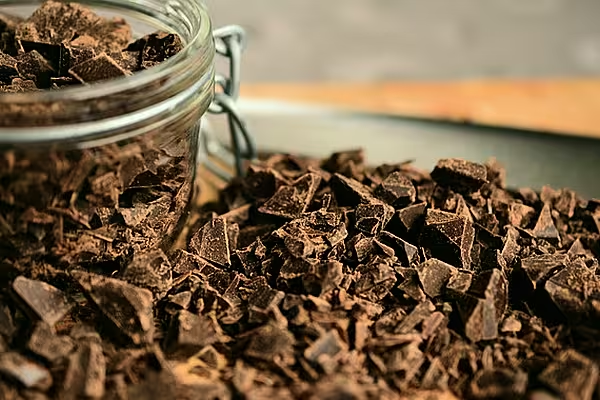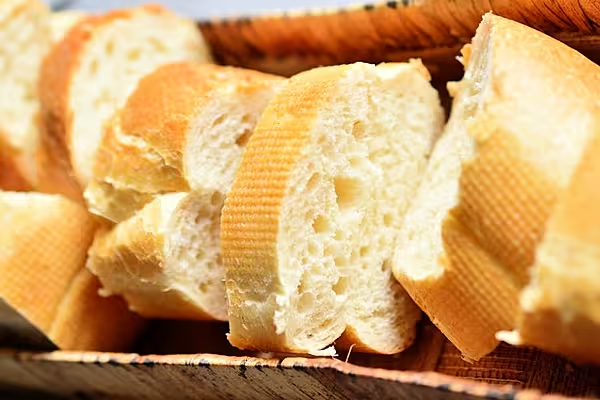European cocoa processing climbed to a five-year high in the second quarter as poor-quality beans in West Africa, the world’s largest producing region, spurred grinders to tap stockpiles elsewhere.
Bean processing jumped 4.9 percent from a year earlier to 324,968 metric tons, the highest for that quarter since 2011, the Brussels-based European Cocoa Association said in a report on its website Tuesday. The increase was bigger than the 3.2 percent expected in a Bloomberg survey of 11 traders, brokers, analysts and fund managers published last week.
Cocoa processors are shifting grindings to Europe as the poor quality of crops in West Africa mean they haven’t been able to boost activity locally. Dry weather damaged beans from the mid-crop, the smaller of two annual harvests in Ivory Coast and Ghana, forcing factories to tap stockpiles in Europe at a time traders including Cargill Inc. and Olam International Ltd. forecast shortages.
Grindings were expected to increase due to lower processing in West Africa and better margins, which gained from higher cocoa-butter prices relative to bean futures, Max Gorttler, a trader at Cocoanect BV, said last week. Higher prices for earlier-dated futures also made it expensive to store cocoa through the summer, according to the Rotterdam-based trader.
Record Premium
Cocoa futures traded in London jumped 10 percent this year partly as dry weather damaged beans in West Africa. Beans for July surged to a premium of 69 pounds ($90) a ton to the next futures contract Monday, the highest since that spread started trading in 2014, ICE Futures Europe data showed. That market structure, known as backwardation, may signal tight supplies.
The dry weather earlier this year has led to smaller beans with less fat content during the mid-crop, Barry Maas, a customer risk manager at Cargill Cocoa & Chocolate Inc., said in a June report. Cocoa that doesn’t meet export requirements might be held back for sale into the next season, meaning the perceived shortage may increase over the summer months, he said.
In Germany, bean grinding rose 2 percent in the period to 90,510 tons from a year earlier, the Bonn-based Association of the German Confectionery Industry said on its website.
News by Bloomberg, edited by ESM. To subscribe to ESM: The European Supermarket Magazine, click here.














